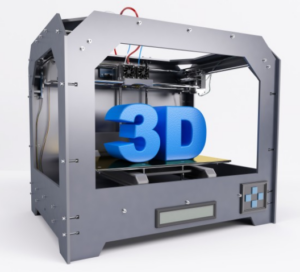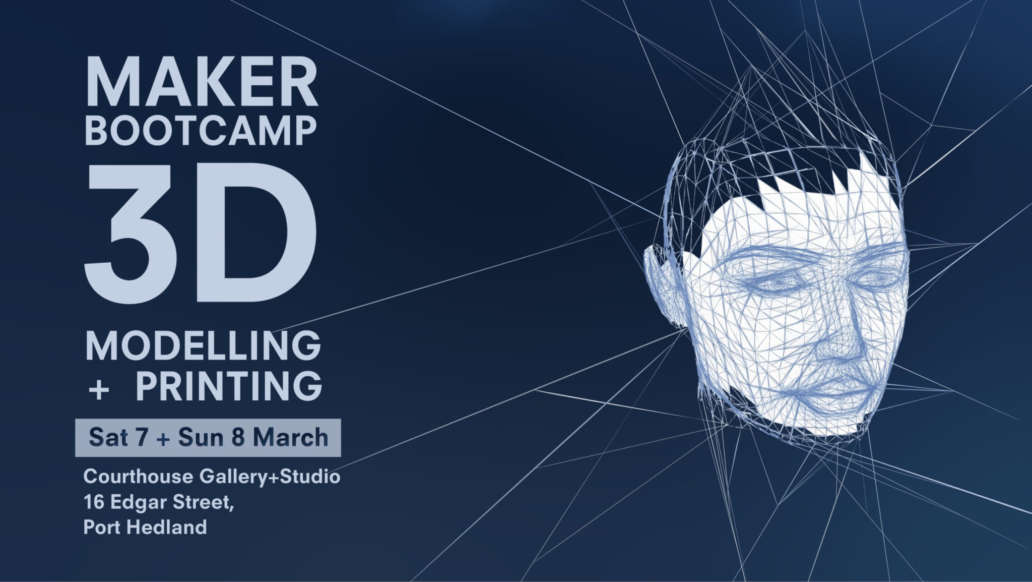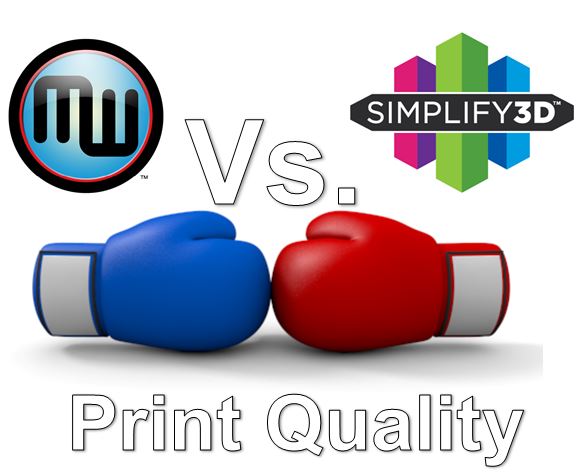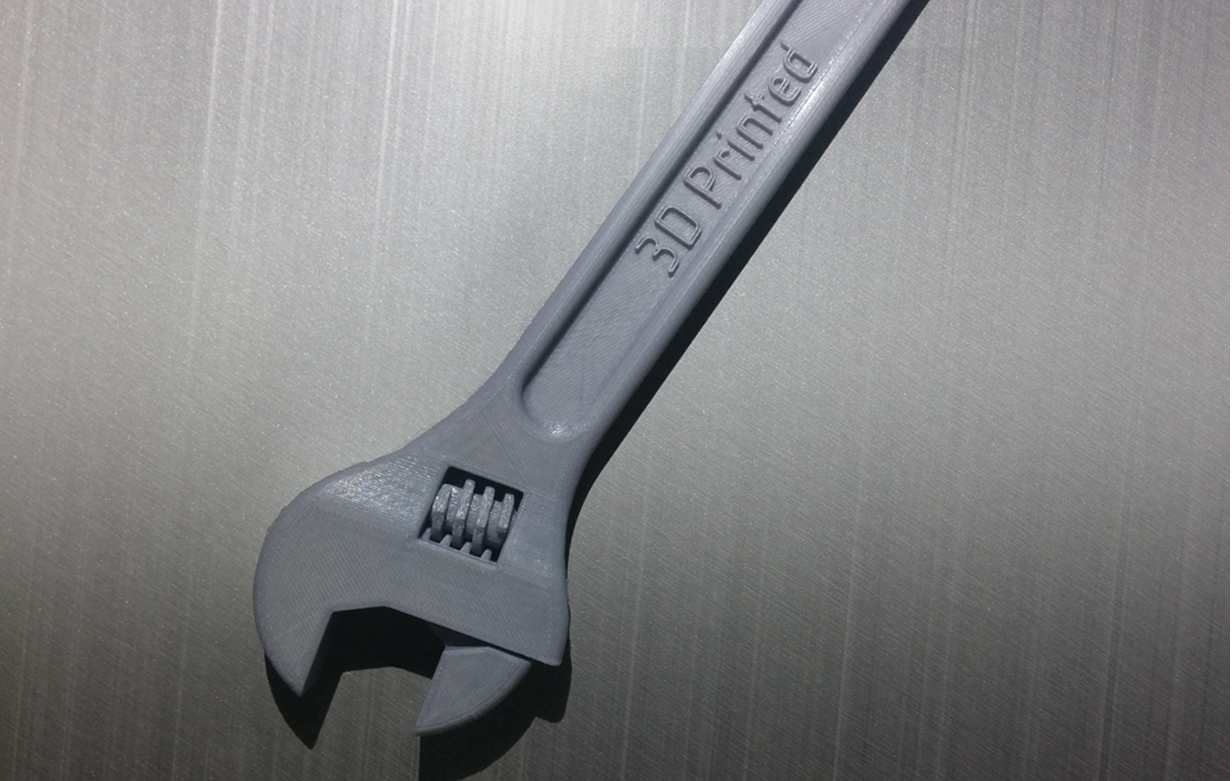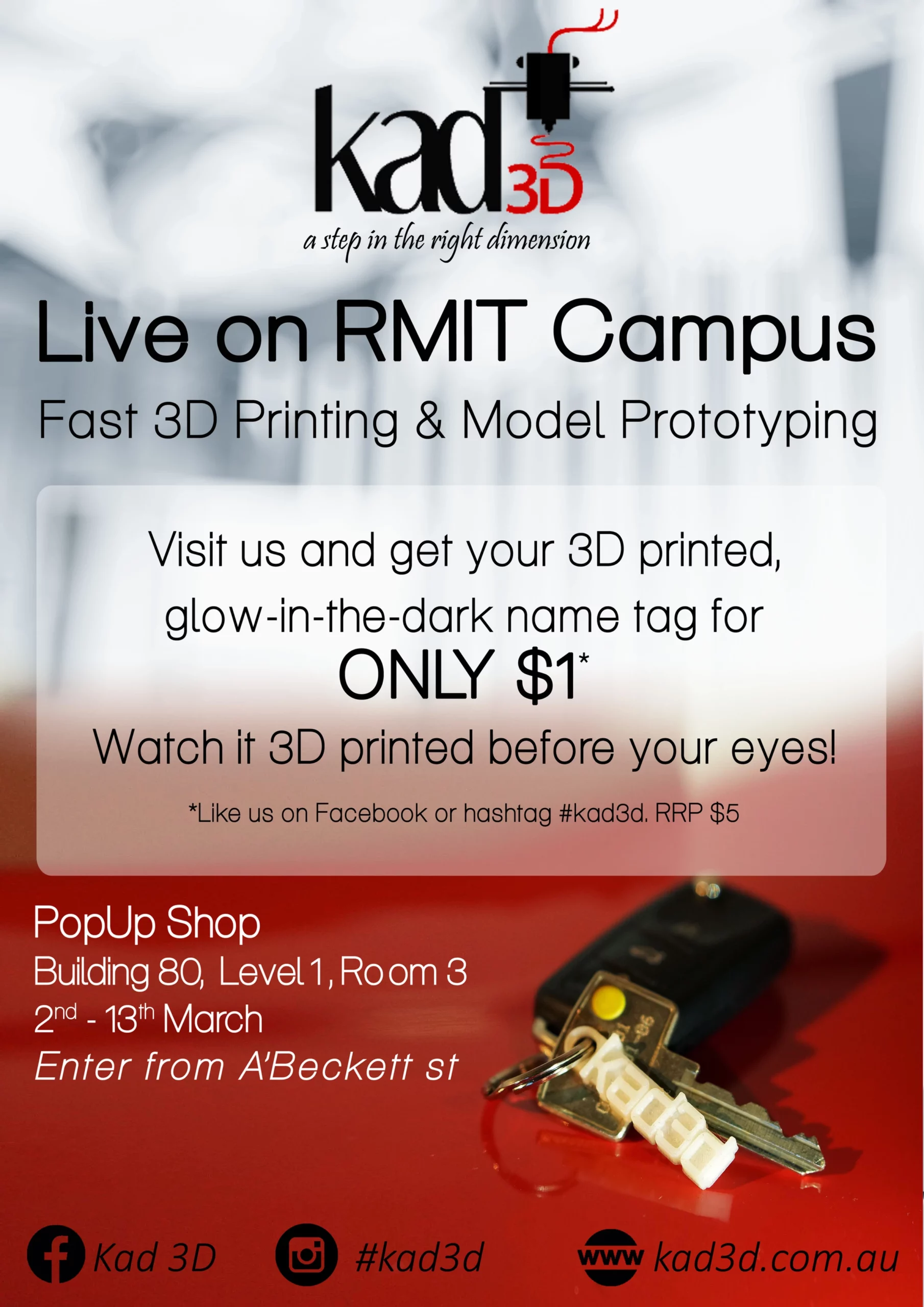PBT (Polybutylene Terephthalate)
Brief Introduction and History: PBT, or Polybutylene Terephthalate, is a thermoplastic polymer that has gained significant traction in the 3D printing industry due to its excellent mechanical properties and resistance to heat and chemicals. Its history in 3D printing dates back to the development of engineering-grade materials for industrial applications, where its durability and versatility were readily recognized.
Material Composition: PBT is made from the polymerization of 1,4-butanediol and terephthalic acid. This production process results in a highly resilient material with exceptional dimensional stability.
Uses: Common applications for PBT include electrical components, automotive parts, and consumer goods due to its exceptional electrical insulation properties and ability to withstand harsh environmental conditions.
Best Fit Use: PBT is best suited for applications that require high strength, impact resistance, and dimensional stability, making it well-suited for functional prototypes and end-use parts in industries such as automotive, electrical, and consumer goods.
Detailed Example of Specific Use 1: One primary use of PBT is in the manufacturing of electrical connectors and insulating components, where its high dielectric strength and resistance to moisture and chemicals are essential for reliable performance.
Detailed Example of Specific Use 2: Another significant use of PBT is in the production of mechanical components for automotive systems, benefiting from its excellent mechanical properties and resistance to automotive fluids and heat.
Difference Between Basic and Advanced Forms: The basic form of PBT offers good mechanical and thermal properties, while advanced variants, such as glass-fiber-reinforced PBT, provide enhanced strength and stiffness for more demanding applications.
Benefits: PBT offers excellent dimensional stability, chemical resistance, and impact strength, making it an ideal choice for producing functional parts with intricate details and high durability.
Drawbacks: One potential limitation of PBT is its susceptibility to degradation under prolonged exposure to high temperatures, requiring careful consideration of its operating environment.
Overall Rating for Daily Use: PBT is highly suitable for daily use in both hobbyist and professional contexts, offering a reliable and durable material for a wide range of applications with its notable mechanical and thermal properties.
Future Developments: Ongoing research focuses on developing PBT composites with enhanced flame retardancy and advanced formulations to further expand its applications in 3D printing, promising continual advancements in its performance and versatility in the future.
